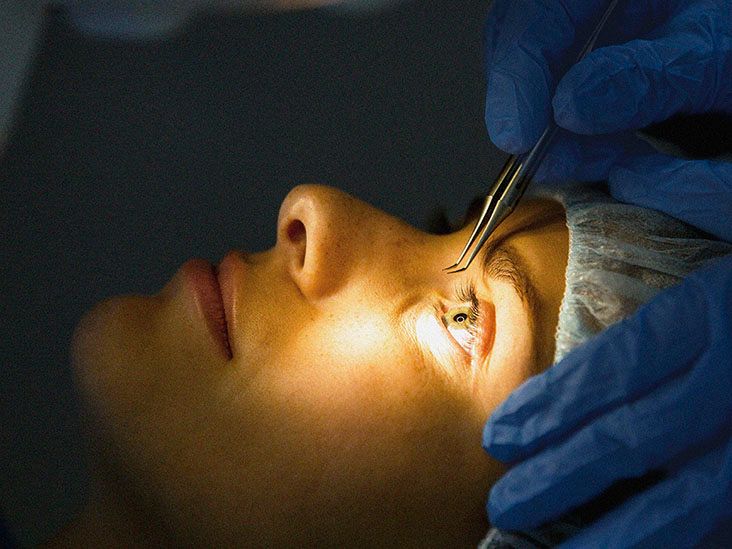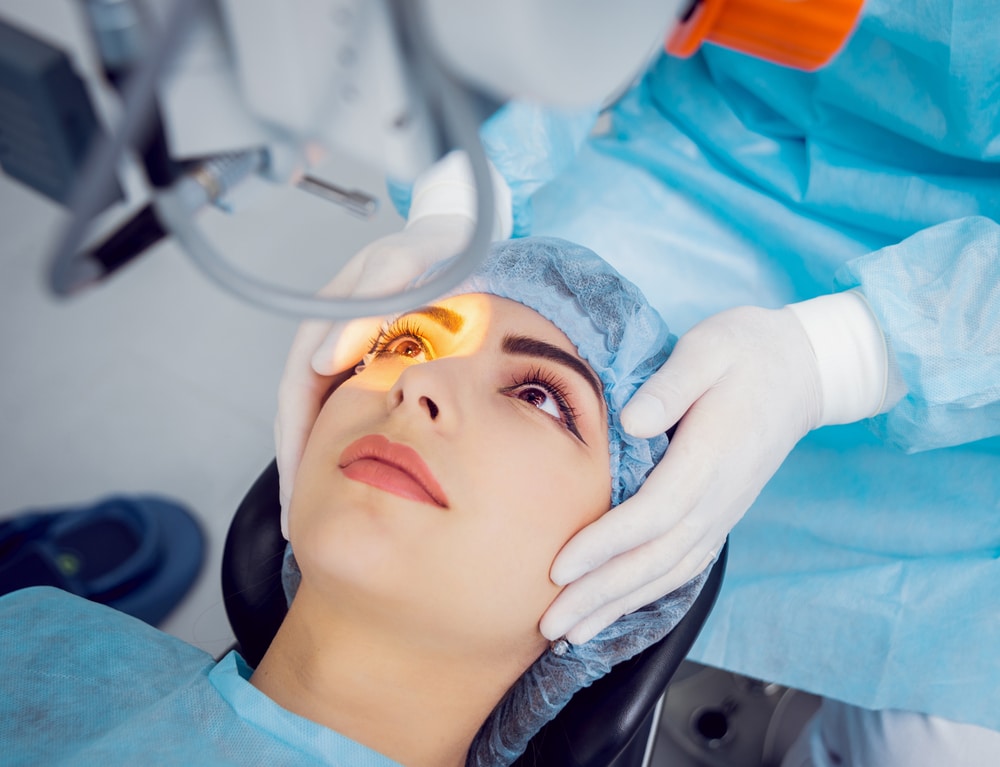Understanding the Function of an Ophthalmologist in Providing Specialized Eye Treatment Services
In the world of healthcare, the duty of an eye physician in giving specialized eye care solutions stands as an important pillar of extensive client treatment. From the intricate operations of the eye to the nuances of vision improvement, eye doctors bring a special blend of medical competence and technical ability to the table.
Range of Practice
Within the field of eye treatment, the extent of method defines the specific array of solutions and procedures that an eye medical professional is educated and licensed to do. Optometrists, for example, primarily concentrate on conducting detailed eye assessments to examine aesthetic acuity, spot refractive errors, and identify possible eye illness. They are knowledgeable in prescribing and suitable rehabilitative lenses, such as glasses and call lenses, to improve a client's vision. In addition, optometrists can detect usual eye problems like glaucoma, cataracts, and macular deterioration, offering essential referrals to ophthalmologists for further monitoring.
Conversely, ophthalmologists, as clinical doctors specializing in eye treatment, possess a more comprehensive scope of practice. In enhancement to executing eye examinations and prescribing restorative lenses, they are educated to identify and treat a large variety of eye diseases via surgical and medical treatments.
Analysis Expertise
Optometrists and eye doctors display their analysis experience by employing innovative devices and methods to assess and take care of a varied range of eye conditions, ensuring exact analyses and tailored therapy plans. These specialized healthcare experts use a range of analysis approaches to recognize issues affecting the eyes and aesthetic system. From comprehensive eye evaluations that analyze aesthetic skill, eye pressure, and the wellness of ocular structures, to even more innovative examinations like optical comprehensibility tomography (OCT) for thorough imaging of the retina, they have the skills and modern technology to diagnose problems such as glaucoma, macular deterioration, diabetic person retinopathy, and much more.
Moreover, their diagnostic capacities encompass finding refractive mistakes like nearsightedness, hyperopia, presbyopia, and astigmatism, allowing them to recommend ideal restorative lenses or recommend refractive surgical procedures as required. By remaining abreast of innovative advancements in analysis devices and techniques, optometrist can offer exact medical diagnoses, very early intervention, and personalized treatment plans to maximize their people' eye health and visual health.
Therapy Choices
When dealing with eye conditions and aesthetic abnormalities, eye physicians utilize an extensive array of therapy options customized to each person's specific needs and situations. Therapy choices can differ commonly depending on the nature and severity of the eye condition. For common refractive errors like nearsightedness, farsightedness, and astigmatism, prescription glasses or call lenses are usually the main treatment technique. These rehabilitative lenses assist to refocus light onto the retina, improving vision clearness.
In situations where refractive surgical treatment is considered suitable, procedures such as LASIK or PRK can be recommended to improve the cornea and decrease the demand for sites contacts or glasses. Optometrist also provide treatment for eye conditions such as glaucoma, cataracts, and macular degeneration (Ophthalmologist Tallahassee). Therapy for these conditions may involve prescription eye drops, medical interventions, or various other clinical treatments targeted at managing or turning around the progression of the condition
Additionally, ophthalmologist play a critical duty in supplying specialized care for problems like diabetic retinopathy, retinal detachment, and eye injury. Prompt medical diagnosis and appropriate treatment can aid protect vision and prevent additional issues. Eventually, the goal of optometrist is to use customized therapy plans that enhance visual end results and general eye wellness for each patient.

Client Education
Providing clients with informative and clear assistance on eye wellness and correct treatment is an essential facet of an optometrist's duty. Client education and learning plays a critical part in helping individuals understand the relevance of regular eye evaluations, the relevance of early detection of eye problems, and the adoption of healthy eye treatment behaviors. Best Eye Doctor In Tallahassee. By supplying comprehensive explanations in a language that patients can understand, ophthalmologist equip people to organize their eye health and wellness and make notified choices concerning therapy options
Throughout his response consultations, eye physicians need to take the time to inform individuals on usual eye problems such as nearsightedness, hyperopia, astigmatism, and age-related macular deterioration. Ultimately, a well-informed patient is better furnished to prioritize their eye health and team up successfully with their eye physician in managing any type of eye problems.
Advanced Technologies
Client education and learning offers as the structure for comprehending the use of innovative innovations in modern-day eye treatment services. Advanced technologies have transformed the area of ophthalmology, permitting optometrist to diagnose and deal with a vast array of eye problems with higher accuracy and effectiveness. Among the considerable advancements in eye treatment innovation is making use of Optical Coherence Tomography (OCT) which provides in-depth cross-sectional photos of the retina, assisting in the early detection and surveillance of illness such as glaucoma and macular deterioration.
In addition, the advent of wavefront innovation has allowed customized vision correction treatments like LASIK, where the one-of-a-kind blemishes of an individual's eye can be specifically mapped and dealt with. Furthermore, using sophisticated diagnostic devices such as automated perimeters and topographers allows optometrist to evaluate aesthetic areas and corneal curvature extra accurately, resulting in far better treatment outcomes for people.

Conclusion
Finally, the function of an eye medical professional is essential in giving specialized eye treatment services with their extent of practice, diagnostic expertise, therapy options, person education, and use of sophisticated modern technologies. By providing extensive treatment and utilizing their specialized knowledge and abilities, eye physicians play a significant role in preserving and enhancing the vision and general eye health of their individuals.
